IPPCAAS Makes New Progress in Gut Microbiota-Mediated Starch Degradation in Potato Tuber Moth
Recently, the Economic Crop Pest Monitoring and Control Innovation Team at the Institute of Plant Protection, Chinese Academy of Agricultural Sciences (IPPCAAS), published a study titled Gut bacteria in potato tuberworm (Phthorimaea operculella) populations are dominated by Enterococcus spp., and these play a significant role in carbohydrate metabolism and host growth in Journal of Pest Science . The research systematically analyzed the gut microbial structure of potato tuberworm larvae and elucidated the functional roles of gut microbiota in starch degradation and adaptation to high-starch potatoes.
The potato tuberworm, an oligophagous lepidopteran pest, burrows into and feeds on potato leaves and tubers, exhibiting high adaptability to high-starch potatoes and causing severe damage to yield and quality. Traditional pest control methods relying on chemical pesticides face challenges such as pesticide resistance and environmental pollution, highlighting the urgency for novel management strategies. This study conducted metagenomic sequencing on fourth-instar larvae collected from major potato-producing regions in Yunnan and Guizhou, China, as well as laboratory-reared colonies. Results revealed that Enterococcus spp. dominated the gut microbial communities, with field populations showing significantly higher diversity than lab-reared ones.
Antibiotic treatment disrupted gut microbiota balance, drastically reducing Enterococcus abundance from 94% in the control group to 6% in treated larvae. This disruption led to significantly reduced survival rates, prolonged developmental duration, and impaired carbohydrate metabolism in larvae, particularly affecting starch degradation. The concentration of starch degradation intermediates, such as maltose, was notably lower in antibiotic-treated groups, indicating that gut microbiota critically assist the host in adapting to and metabolizing high-starch potatoes.
These findings enhance our understanding of the functional roles of gut microbiota in the potato tuberworm and provide a scientific basis for developing environmentally friendly pest management strategies based on microbial regulation. IPPCAAS is the leading institution of this study. The research was supported by the Agricultural Science and Technology Innovation Program of CAAS and the National Key Research and Development Program of China.
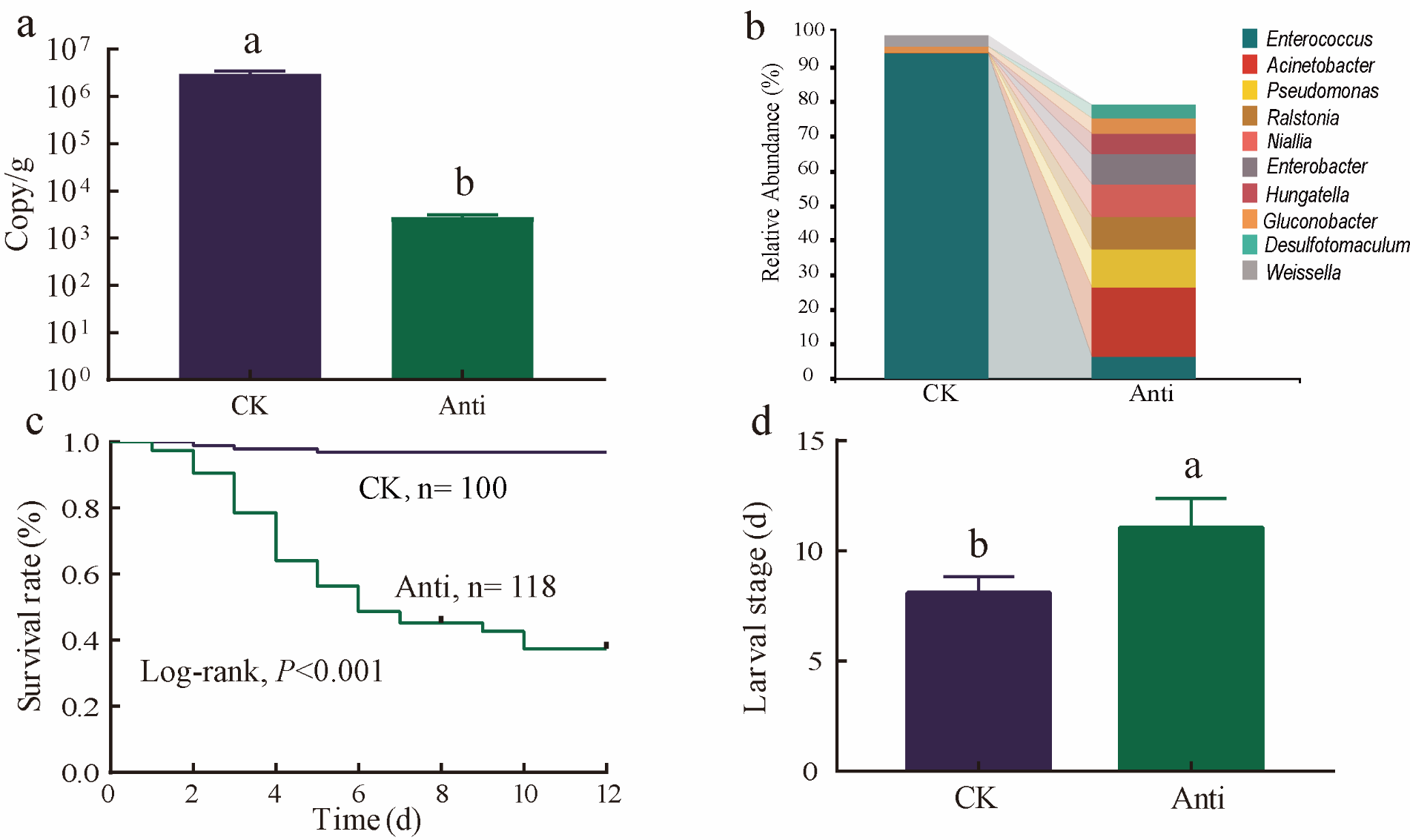
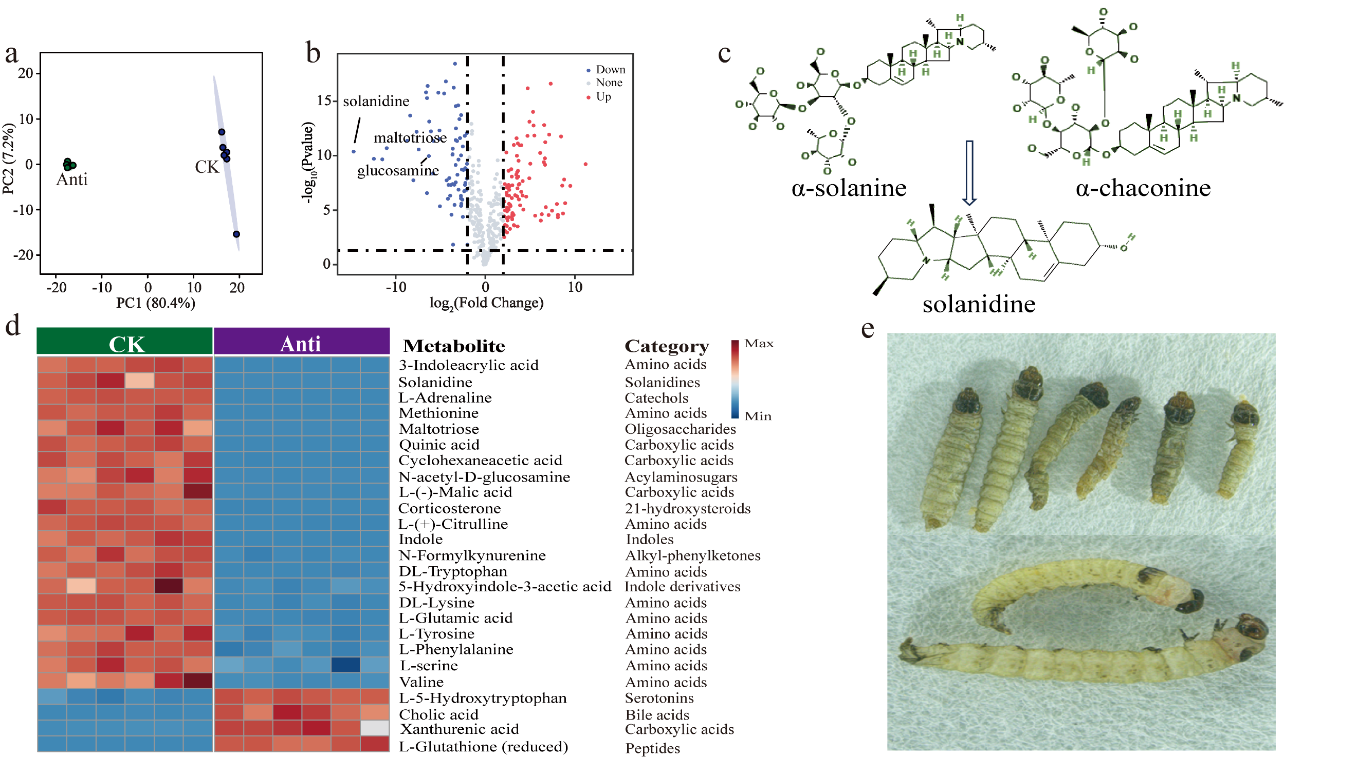
Source: https://link.springer.com/article/10.1007/s10340-025-01882-6
-
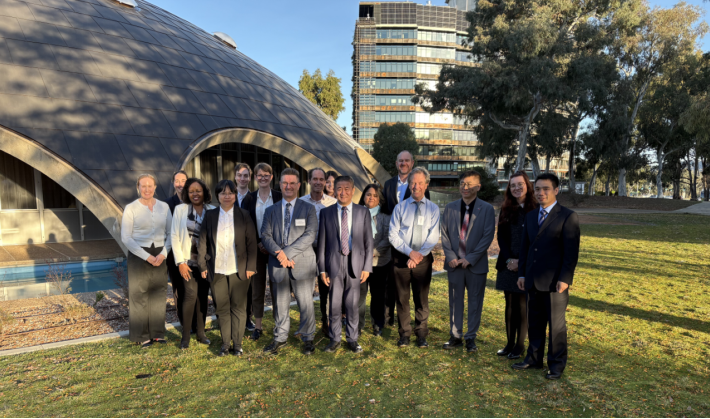 IPPCAAS Experts Visit Australia to Promote In-Depth China–Australia Cooperation in Plant Biosafety
IPPCAAS Experts Visit Australia to Promote In-Depth China–Australia Cooperation in Plant Biosafety -
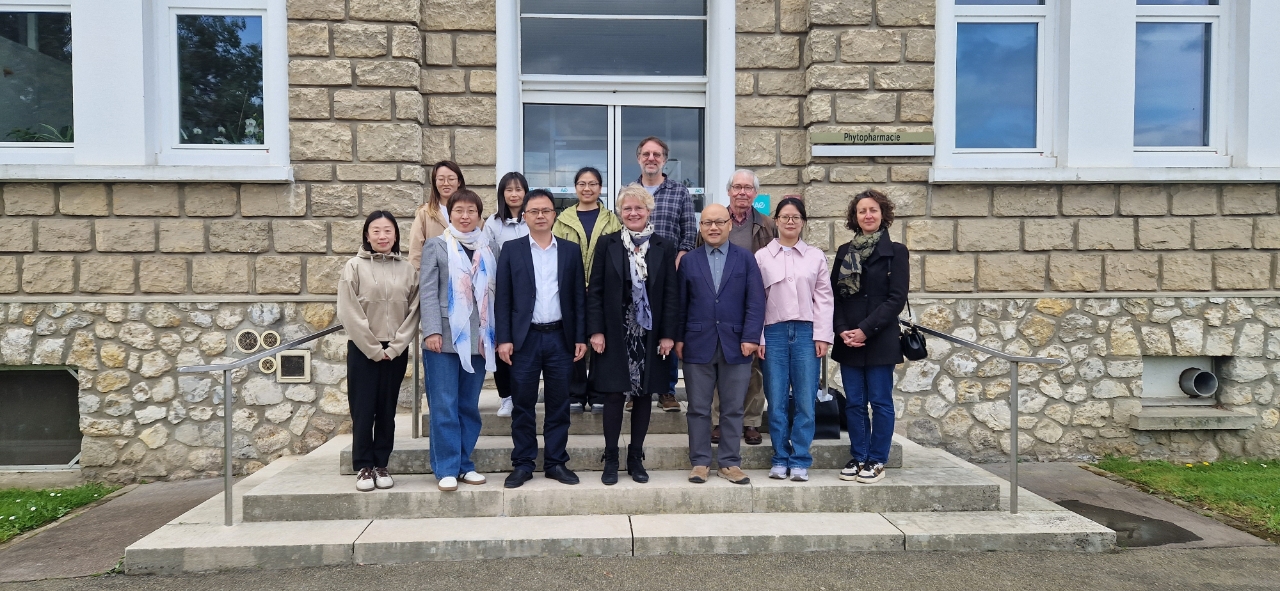 China-France cooperation in plant protection was further strengthened
China-France cooperation in plant protection was further strengthened -
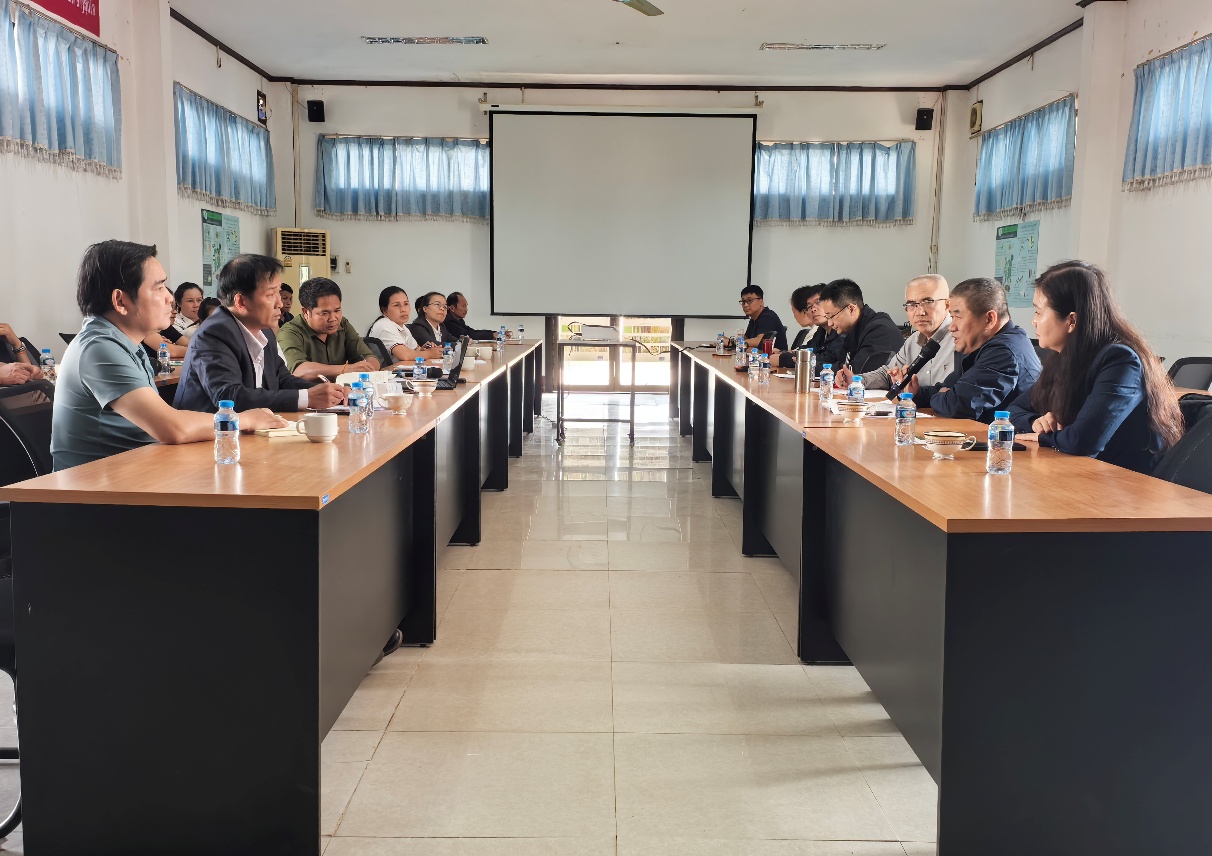 New progress was made for the Lao PDR – China Joint Laboratory for Plant Protection
New progress was made for the Lao PDR – China Joint Laboratory for Plant Protection -
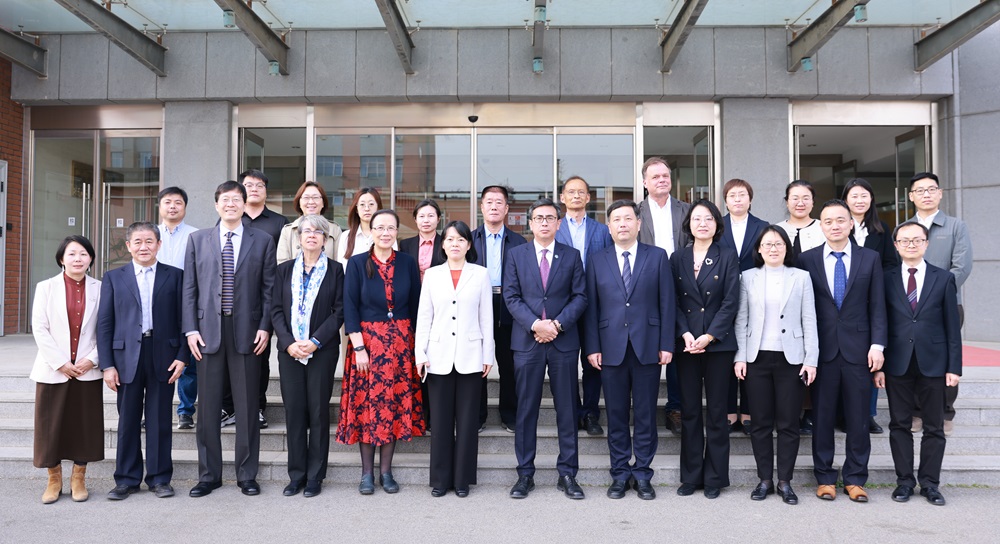 Collaboration on sustainable agriculture practices highlighted at the MARA China – CABI Joint Lab meeting
Collaboration on sustainable agriculture practices highlighted at the MARA China – CABI Joint Lab meeting
